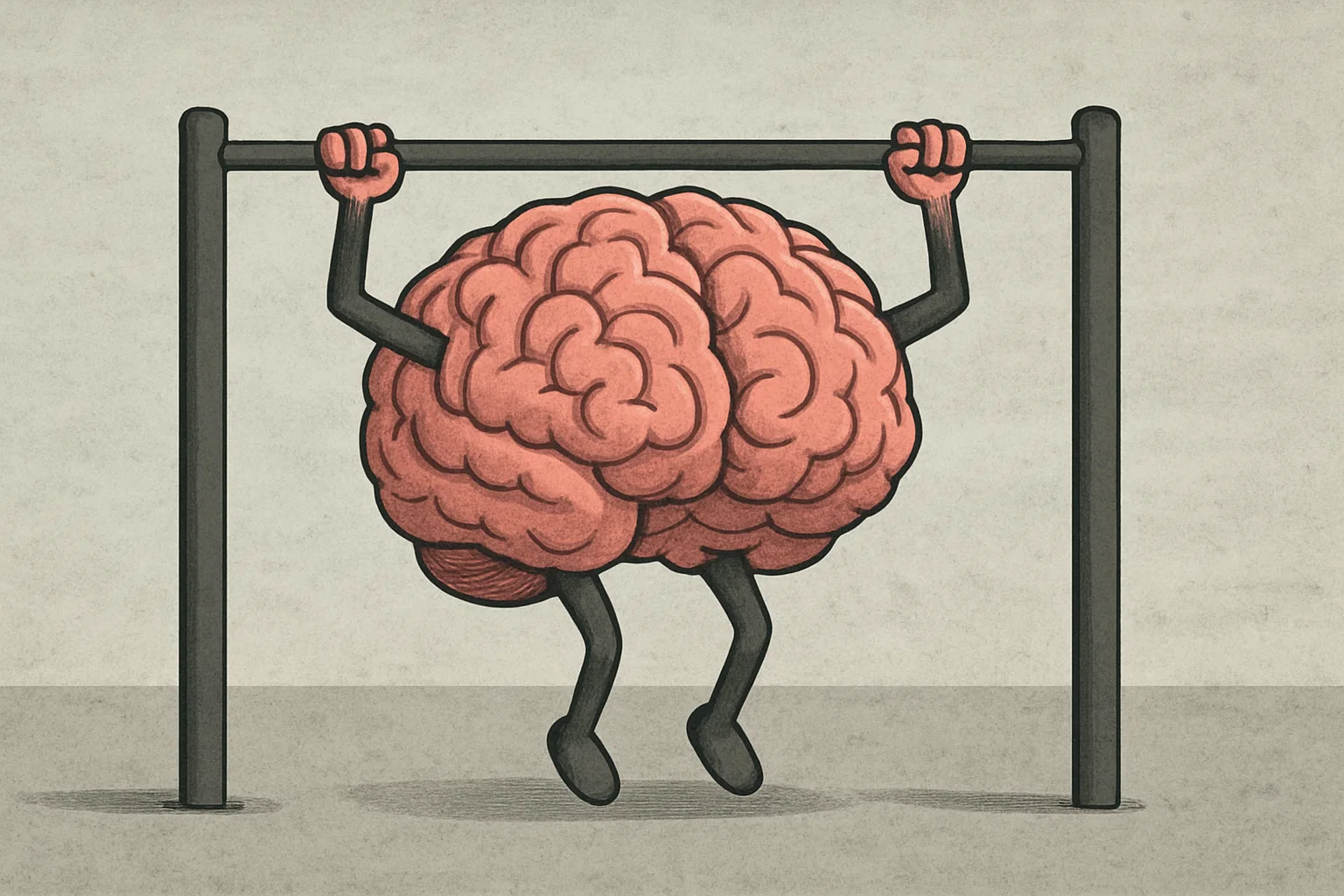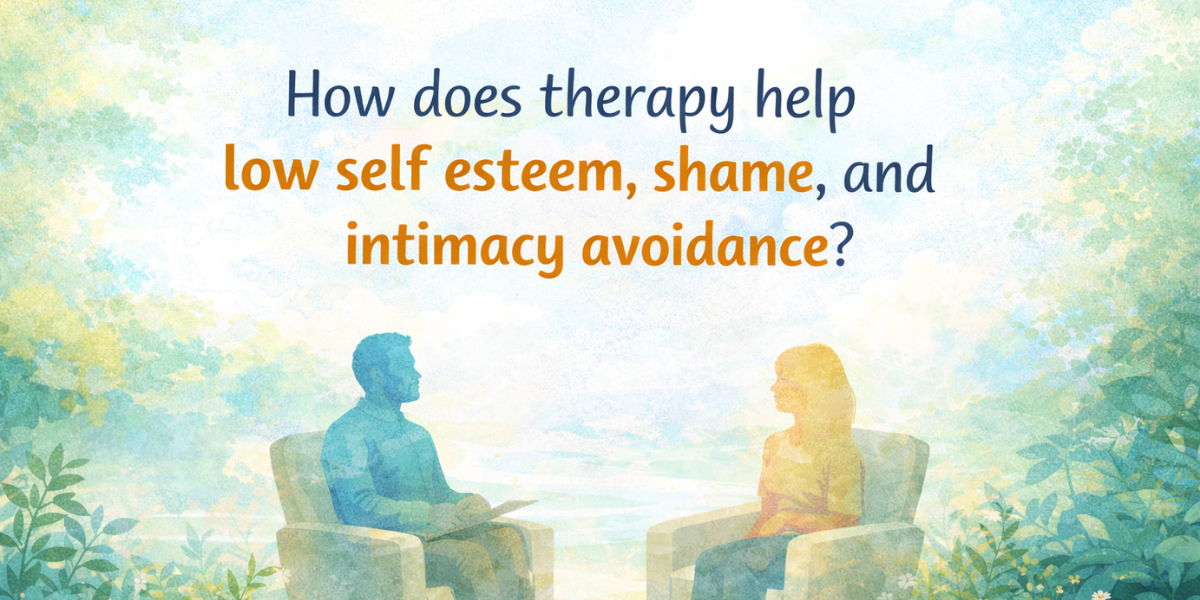We often talk about wanting to “feel better,” “be more productive,” or “live with more peace.” But how do we actually get there? One powerful, often overlooked answer lies in something beautifully simple—building a healthy daily routine.
We’re not talking about perfection. This isn’t about waking up at 5 a.m. and running five miles before a green smoothie. It’s about creating a rhythm that supports your mental wellness, step by gentle step.
Let’s explore how you can build a daily routine that feels good and actually works—for you, your life, and your mind.
Why Routine Matters More Than You Think
We are creatures of habit, whether we like it or not.
And when our habits serve us, they become the quiet backbone of emotional balance. According to mental health professionals, routines help regulate mood, reduce stress, and offer a sense of control—even when life feels unpredictable.
“Mental health is deeply connected to consistency,” says therapist and wellness coach Crystal Perdue. “Even small routines can create safety and calm within the nervous system.”
When you commit to a healthy habits routine, you’re not just managing your time better. You’re tending to your mind in small, powerful ways.
Step 1: Start with Gentle Mornings
Your morning sets the tone for your entire day. If you wake up in chaos, you carry that energy with you.
Try this:
- Wake up at a consistent time. Even on weekends. This helps regulate your body’s internal clock.
- Avoid jumping into your phone. Let your mind wake up without noise or comparison.
- Do one thing just for you. A stretch, a slow cup of tea, a few deep breaths.
It doesn’t have to be fancy. It just has to be yours.
“My morning ritual is simple,” shares Liza, a freelance writer. “I open the window, journal for 5 minutes, and sip coffee without checking email. That tiny routine changed everything.”
Step 2: Anchor Yourself with Purposeful Breaks
In our fast-paced world, taking breaks can feel like slacking off. But here’s the truth: your brain needs them.
Whether you work from home, care for family, or run a business, try to weave in:
- 5-minute movement breaks. Stretch, walk, shake it out.
- Breath resets. A few deep inhales can instantly shift your mood.
- Midday check-ins. Ask yourself: How am I feeling? What do I need?
These mini-pauses help regulate stress and prevent emotional burnout. They’re key parts of a sustainable healthy habits routine.
Step 3: Nourish Your Body, Nurture Your Mind
What you eat and how you move affects how you feel—mentally and emotionally.
- Feed your brain. Think whole foods, hydration, and mindful meals.
- Move with kindness. You don’t need a hardcore gym session. Walk. Dance. Do yoga. Just move in a way that feels good.
- Get outdoors. Nature has a calming effect on the nervous system.
Even one small change—like drinking more water or stepping outside for 10 minutes—can shift your mental state.
Step 4: Use Therapy to Create Healthy Habits
If building a routine feels overwhelming, you’re not alone. Many people struggle with starting—or sticking to—new habits. That’s where support makes a difference.
Working with a therapist or therapy-informed coach can help you:
- Identify what routines actually serve your goals and lifestyle.
- Uncover the emotional blocks behind inconsistent habits.
- Stay accountable without shame or pressure.
“People often think therapy is only for crisis,” Crystal Perdue explains. “But therapy can also help you create healthy habits that align with your values and support your well-being.”
This kind of support isn’t just helpful—it can be transformative.
Step 5: End Your Day with Calm
Evenings are sacred. They’re your time to slow down, release the day, and prepare your body for rest.
Here are a few grounding practices to include in your nighttime routine:
- Screen-free time. Give your brain a break from the buzz of social media.
- Reflection. A short gratitude list or a few lines in a journal can work wonders.
- Gentle wind-down rituals. Light stretching, soft music, or even a bedtime tea can signal to your body it’s time to rest.
Your sleep quality is directly tied to mental clarity and emotional stability. Protect it like it matters—because it does.
Step 6: Don’t Strive for Perfection—Strive for Progress
Here’s the thing: routines are not rigid. Life changes. You evolve. Your habits can, too.
The most important rule? Make it yours. Your healthy habits routine doesn’t need to look like anyone else’s. It needs to fit your energy, your needs, your truth.
Missed a meditation? Ate takeout instead of cooking? Slept in late?
That’s okay. What matters most is that you return to yourself with kindness. Again and again.
“Progress, not perfection,” says Crystal. “Self-compassion is the fuel that keeps any habit sustainable.”
Real Talk: What Gets in the Way?
Let’s get honest. We often know what’s good for us—but something stops us.
- We’re overwhelmed.
- We doubt ourselves.
- We think if we can’t do it perfectly, we shouldn’t do it at all.
That’s where supportive tools come in—like coaching, community, and therapy to create healthy habits. These resources provide the structure, encouragement, and insight we often need to stay on track.
And more importantly, they remind us: you don’t have to do this alone.
Your Next Step: Build with Support, Grow with Grace
The truth is, a healthy routine isn’t built overnight. It’s built over time—with care, compassion, and support.
If you’re ready to create a daily rhythm that nurtures your mental health, but don’t know where to start—there’s help.
✨ Meet Crystal Perdue
Your Partner in Growth and Transformation
Step into a journey of healing, self-discovery, and empowered living. With a foundation rooted in therapy-informed coaching, Crystal creates a compassionate space where inner healing and personal growth come together.
Whether you’re working through emotional challenges, moving past self-doubt, or simply ready to evolve—she’s here to support you every step of the way.
👉 Book your session today and take the first step toward greater clarity, confidence, and meaningful transformation.
Final Thought
Building a healthy habits routine isn’t about control—it’s about care. It’s about showing up for yourself in small ways that lead to big changes.
Start with one habit. One breath. One choice.
And remember: healing doesn’t happen in a day—but it does happen with each day you choose yourself.
You deserve that kind of love. Let today be your beginning.
FAQs
What is a healthy habits routine, and why is it important for mental health?
A healthy habits routine is a set of consistent, supportive practices you do each day—like waking up at the same time, moving your body, or setting aside quiet time for reflection. These small actions help regulate your mood, reduce anxiety, and create a sense of stability in your day.
How do I start building a healthy habits routine when I feel overwhelmed?
Start small. Pick just one habit—like drinking a glass of water in the morning or stepping outside for fresh air. Focus on consistency over perfection. You can always build on your routine later, but getting started with one manageable action makes the process feel less daunting.
How can therapy help me create healthy habits?
Great question! Many people use therapy to create healthy habits because it offers support, accountability, and insight. A therapist or therapy-informed coach can help you explore what’s been holding you back and create a plan that feels sustainable and personalized.
Do I need to follow a strict schedule to benefit from a daily routine?
Not at all. Routines should support you, not stress you out. It’s less about strict time slots and more about creating rhythm and flow. For example, you might not wake up at the exact same time every day—but starting your mornings with the same calming practice can be just as grounding.
What are a few easy habits I can add to my day right now?
Here are some simple ones to try:
- Stretch when you wake up.
- Drink a full glass of water before your coffee.
- Pause and take 3 deep breaths in the afternoon.
- Write down one thing you’re grateful for at night.
- These tiny steps can make a big impact over time.
What if I keep breaking my routine or can’t stick with it?
You’re human! It’s totally normal to miss a day—or even a week. The key is to return to your routine with kindness, not guilt. Use what you learn to adjust your habits, and consider working with a coach or therapist for support and accountability.
Can a healthy routine really improve anxiety and stress?
Absolutely. While it’s not a cure-all, a consistent healthy habits routine can reduce stress by bringing predictability and calm to your day. Over time, these supportive practices can help regulate your nervous system and improve your emotional resilience.
Is it better to have a morning routine or a night routine?
Both can be helpful! Morning routines set the tone for your day, while evening routines help your brain and body wind down. If you’re just starting out, choose the time of day where you need the most support—or where it’s easiest to build a habit—and begin there.
How long does it take to build a healthy habits routine that sticks?
On average, it takes about 21–66 days to form a habit, depending on the person and the habit. Be patient with yourself and focus on progress, not perfection. The more you link your habits to things you enjoy or value, the easier they become to maintain.
Where can I get personalized help to build healthy habits for mental wellness?
Working with someone like Crystal Perdue, who blends therapy-informed coaching with a compassionate, growth-oriented approach, can make a huge difference. If you’re looking for a supportive partner on your journey, now’s a great time to reach out.





